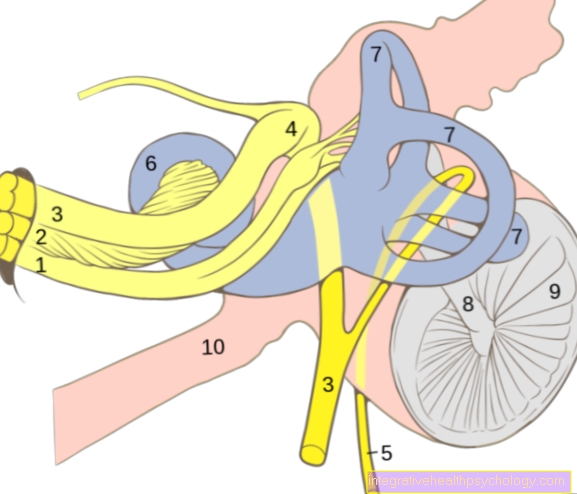Learning style
Definition - What is a learning style?
A learning style describes the way in which someone acquires knowledge and skills. The term learning style comes from learning psychological approaches of the 1970s. The basis for this is that most people prefer very specific personal methods of learning, i.e. Acquire knowledge with stimuli and information. This means that different people perform differently under otherwise identical learning conditions, depending on whether the preferred learning method is offered or not. More than eighty learning style models are known, one example being the Kolb model.
Read more on this topic: What type of learner am I?

What are the Kolb learning styles?
The Kolb learning style model was created in 1985 and is the most widespread model of learning styles in Germany. Kolb distinguishes between four basic types of learning styles.
Diverger
The so-called divergers (discoverers) learn from experience and reflected observation. The strengths of this type of learning style lie in its pronounced imagination. A diverger is able to view certain situations from different perspectives and to empathize with people. According to Kolb, the divergent are particularly interested in art and culture and often specialize in artistic areas.
Assimilator
The assimilator (thinker), on the other hand, favors both reflective observation and abstract concept formation. This means that the assimilator is particularly gifted at understanding and creating theoretical models. The thinker tends to draw inductive inferences, that is, he is able to infer a more general knowledge from observations. This type of learning style is often better at dealing with things and theories than with people.
Converger
The converger (decision maker) is a type of learning style for which abstract concept formation and active experimentation are particularly good. The converger benefits particularly from the execution of his ideas. He is more prone to hypothetical deductive conclusions. This means that the converger draws logical conclusions and derives new statements from them. The converger, like the assimilator, prefers to deal with things or theories rather than with people.
Accommodator
The accommodator (doer / practitioner) prefers active experimentation and concrete experiences from which he can learn. It is up to him to design activities. At the same time, his strength lies in solving problems and conflicts intuitively by trying and also failing and ultimately learning from them. The accommodator prefers facts rather than theories.
You might also be interested in these topics:
- What are the learning strategies?
- Learning problems
- Learn
Can you test the learning style?
Yes, you can determine your learning style with a quick test. There are numerous tests on the Internet that can determine the learning style using a questionnaire. Most of the tests are free of charge, can be carried out quickly and provide a direct evaluation. The questions of a suitable test should be answered conscientiously. Following the test, you receive a result with the determined learning style type.
How is a learning style analysis carried out?
A learning style analysis is carried out as part of a test. The test procedures are simple and have a similar structure. Basically, the tests ask about the main characteristics of the different types of learning styles. There are many tests that relate to Kolb's learning style types, while other tests focus on other learning style models. When choosing the test you should pay attention to which model you prefer. You answer the test questions and the respective program finally calculates which learning style type the given answers most closely match.
Also read: The didactic triangle for successful teaching
How can I change / improve my learning style?
The learning style model is intended to show that there are different forms of learning style types. In general, people prefer different methods and work accordingly better and more effectively. This means that it is useful to know your own type of learning style, as there are opportunities to change and improve your learning style. Trying out the appropriate methodology for the type of learning style identified can help shape your own learning style. It is assumed that you benefit from following the naturally given strengths.
Recommendations from the editorial team
You can find more information about learning here:
- What type of learner am I?
- What are the learning strategies?
- Learning problems
- Poor concentration
- ADHD
- Test for giftedness
- Educational games
- Dyslexia
- Learning curve

.jpg)



























